DIY projects can save you money and give you a sense of accomplishment, but not everything is fair game when it comes to fixing or modifying your property. Some tasks require permits, inspections, or licensed professionals to ensure safety and compliance with local laws.
Let’s take a look at some DIY jobs that are against the law and best left to the pros.
Electrical Wiring Without a Permit
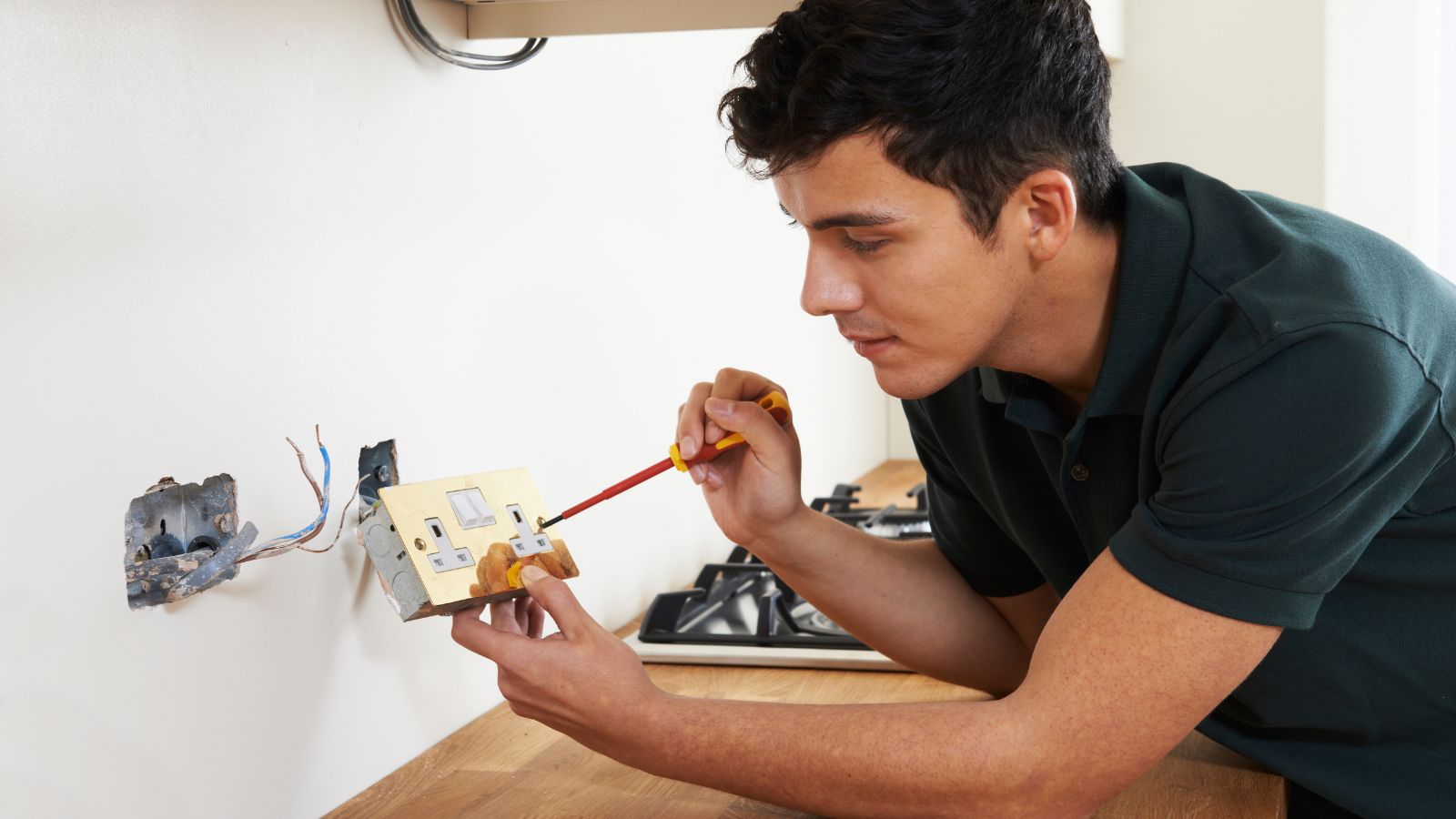
Your home’s electrical system might seem simple, but tinkering without the proper permits is illegal in many areas. Electrical work carries significant risks, including fire hazards and electrocution, which is why it’s heavily regulated. Homeowners attempting DIY wiring without inspections or certified electricians can face fines and legal consequences. Poorly done electrical work can put your safety and property at serious risk.
Installing or Replacing a Water Heater
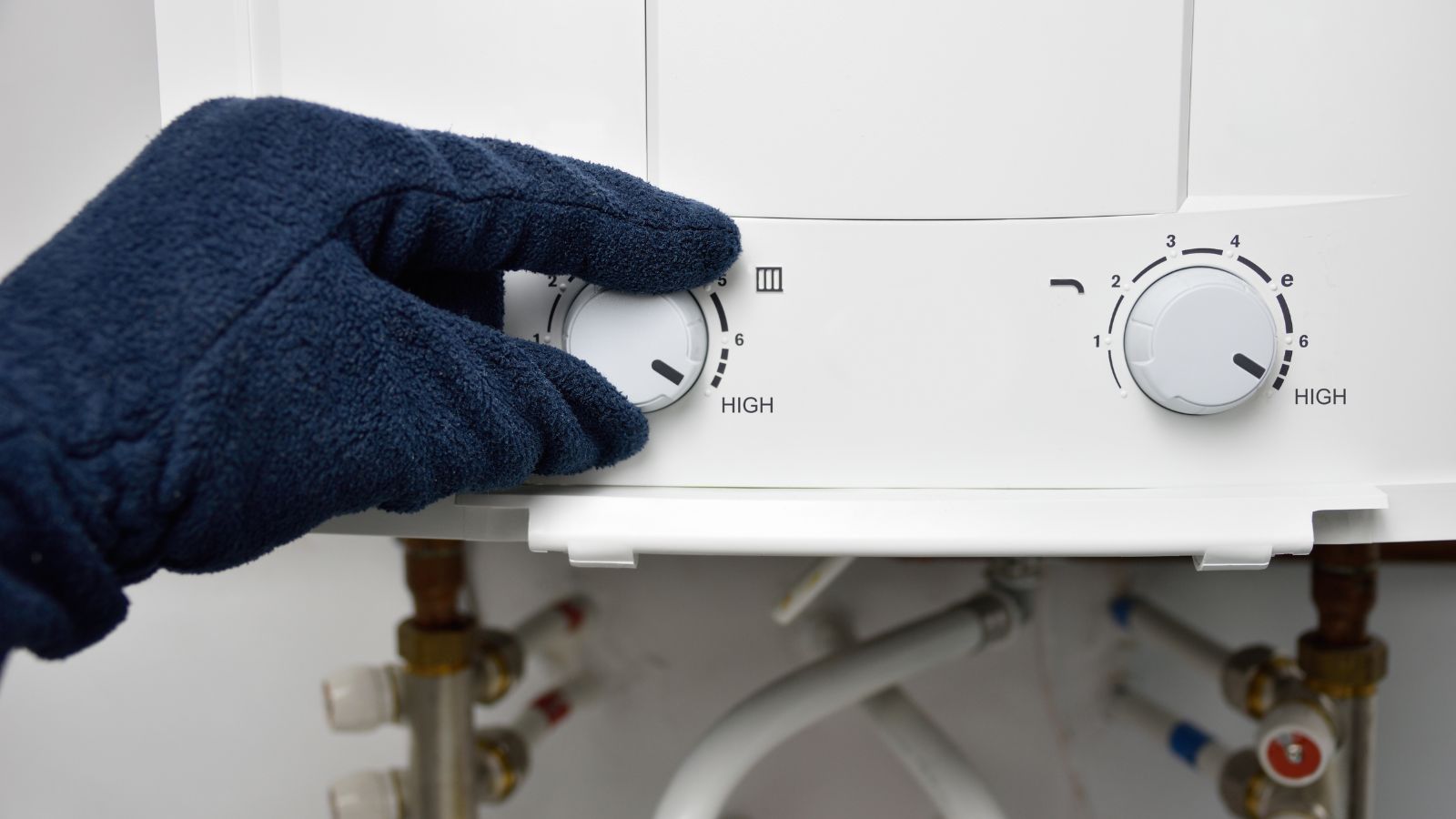
The replacement of an old water heater might look like a straightforward task, but it’s often against the law to do it yourself without a licensed plumber. Water heaters involve plumbing, electrical wiring, and gas lines, all of which can be dangerous if improperly installed.
Removing Asbestos
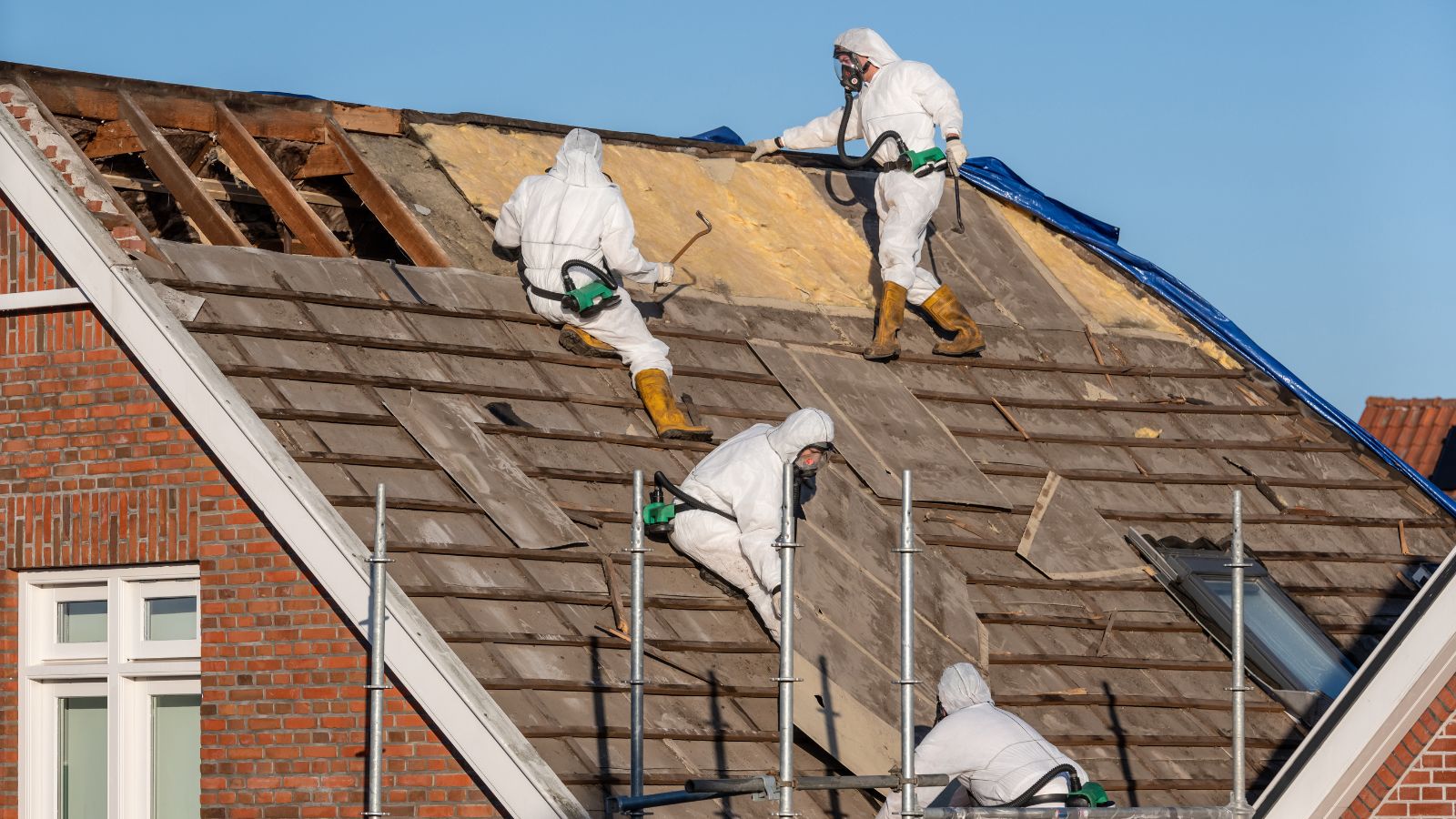
This hazardous material is found in many older homes, and removing it yourself is strictly prohibited in most areas. Handling asbestos without proper training and equipment can release harmful fibers into the air, posing serious health risks. Only licensed professionals are authorized to remove and dispose of asbestos, as they follow strict guidelines to ensure safety.
Modifying Structural Walls
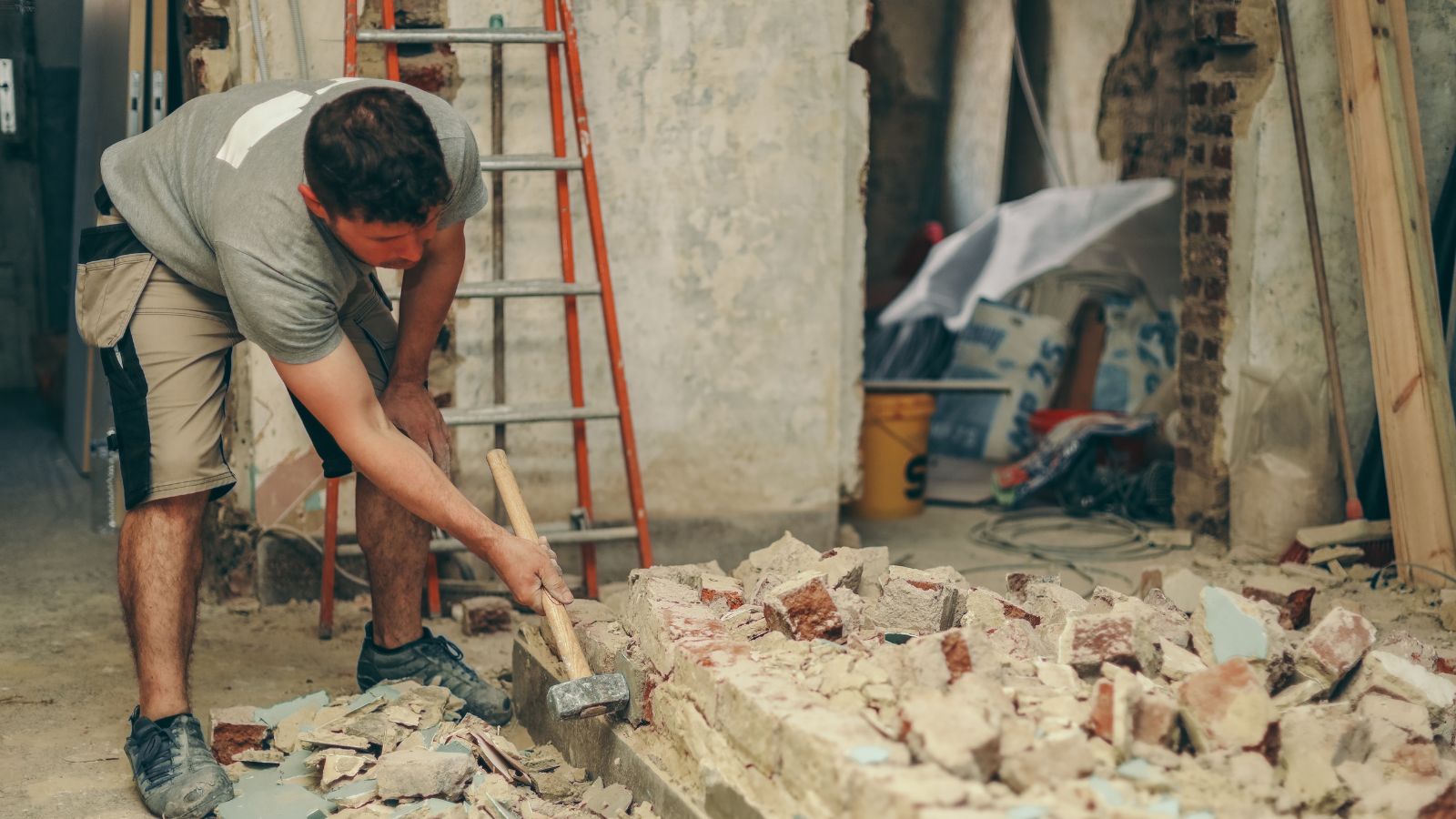
It’s illegal to take down or modify a structural wall. It might seem like a great way to open up space, but do so you need professional approval. Structural walls support the weight of your home, and removing them improperly can cause catastrophic damage.
Most building codes require permits and inspections to ensure that structural modifications are done safely. Attempting this as a DIY job can lead to fines, lawsuits, or even a collapse.
Digging Without Calling Utility Services
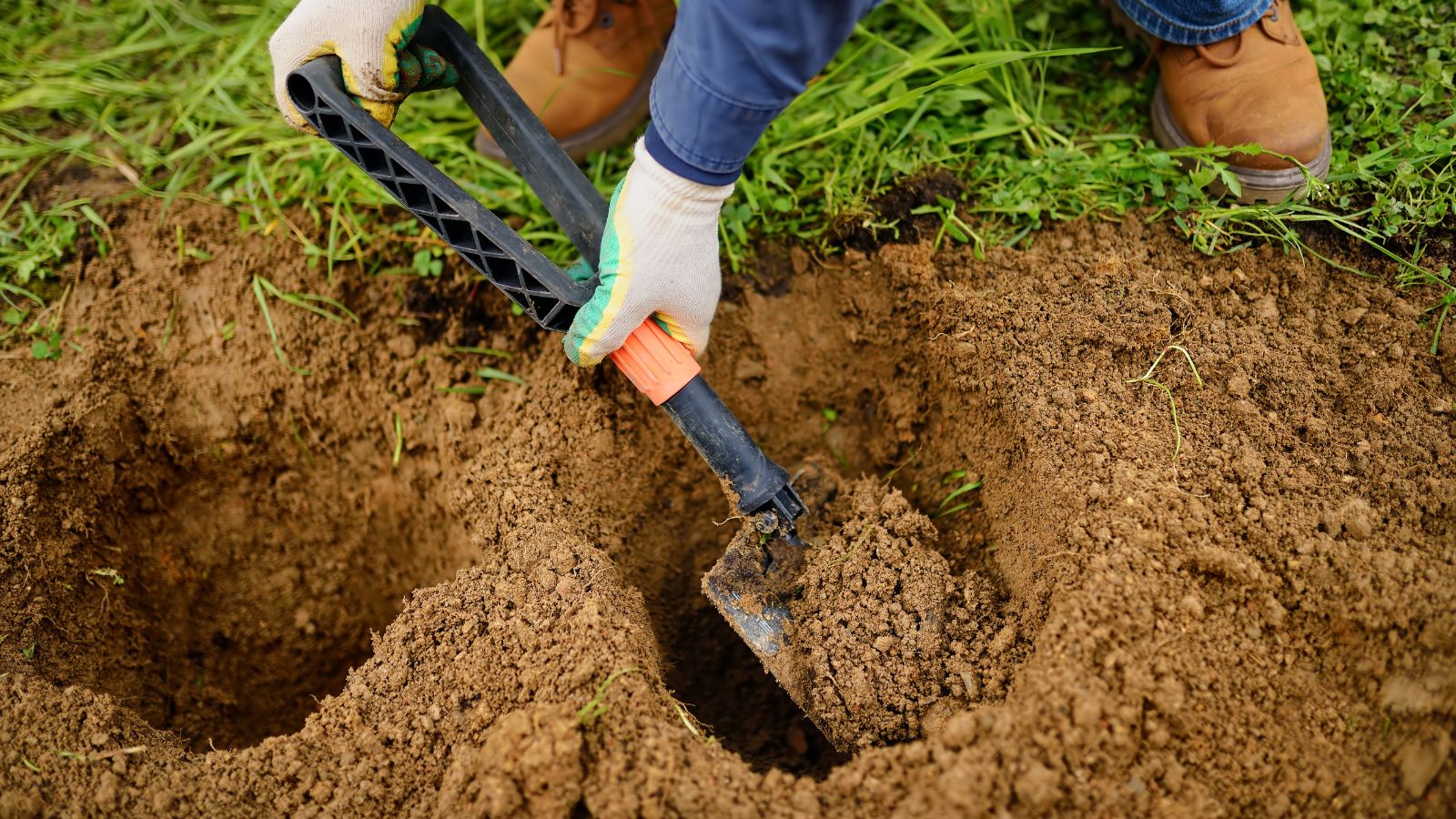
Underground utility lines for gas, water, and electricity are often closer to the surface than you think. Digging on your property without first calling utility services is illegal in many areas. Accidentally hitting a line can cause outages, injuries, or even explosions. Local laws require homeowners to call a utility marking service before digging to avoid potential hazards and hefty fines.
DIY Septic System Repairs
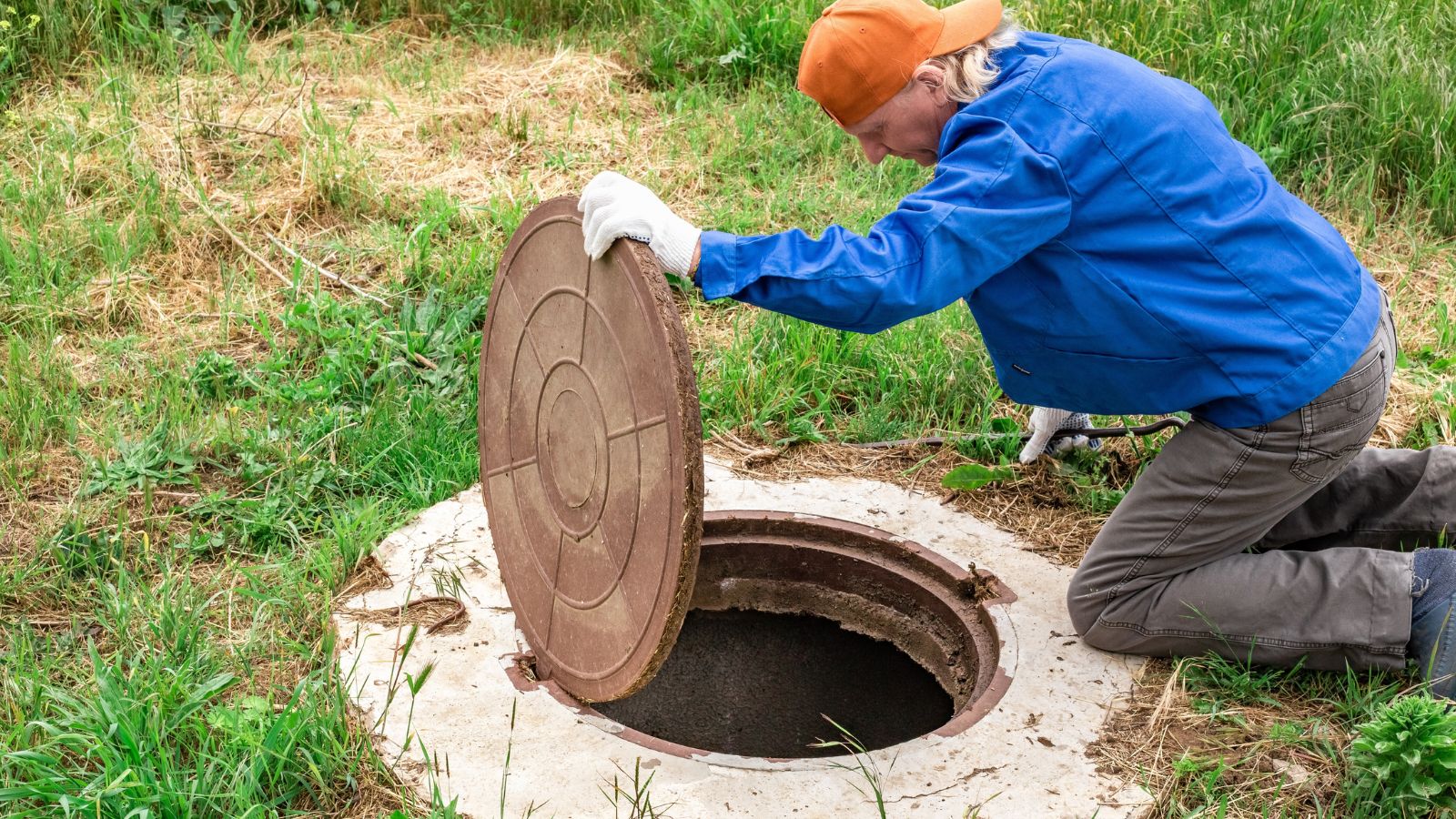
It might be tempting to save money, but attempting this job yourself can result in significant fines and more expensive repairs down the line. Septic systems are complex and heavily regulated, making DIY repairs illegal in most areas. Improperly fixing a septic system can lead to contamination of groundwater, property damage, and health risks.
Replacing Gas Lines
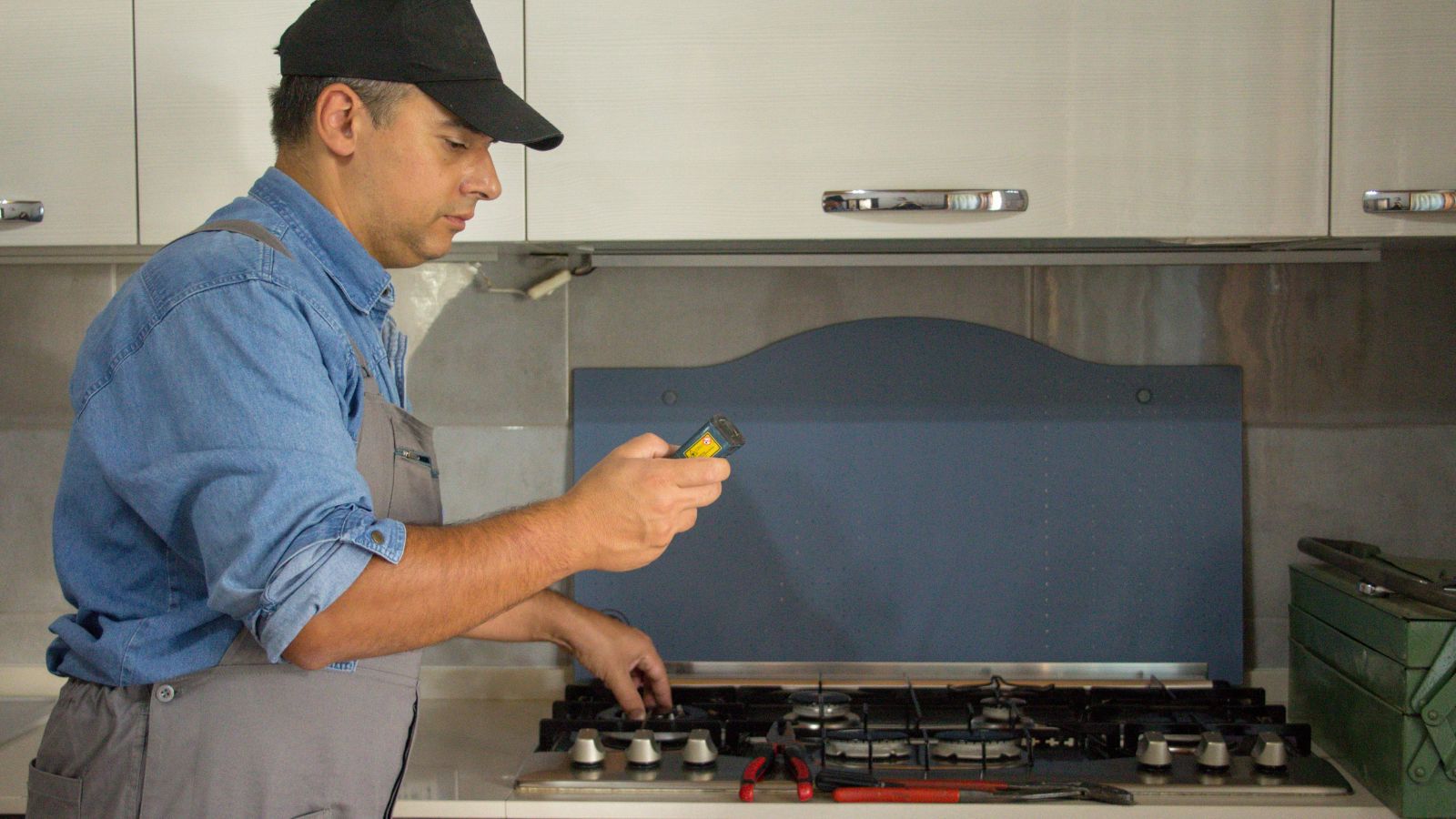
A DIY gas line repair might save money initially, but the risks and legal consequences far outweigh any potential savings. Repairs or replacements are not just dangerous, they’re illegal to perform without a licensed professional. Mishandling gas lines can lead to leaks, fires, or explosions, which is why most jurisdictions strictly regulate this type of work.
Roofing Repairs Without a Permit
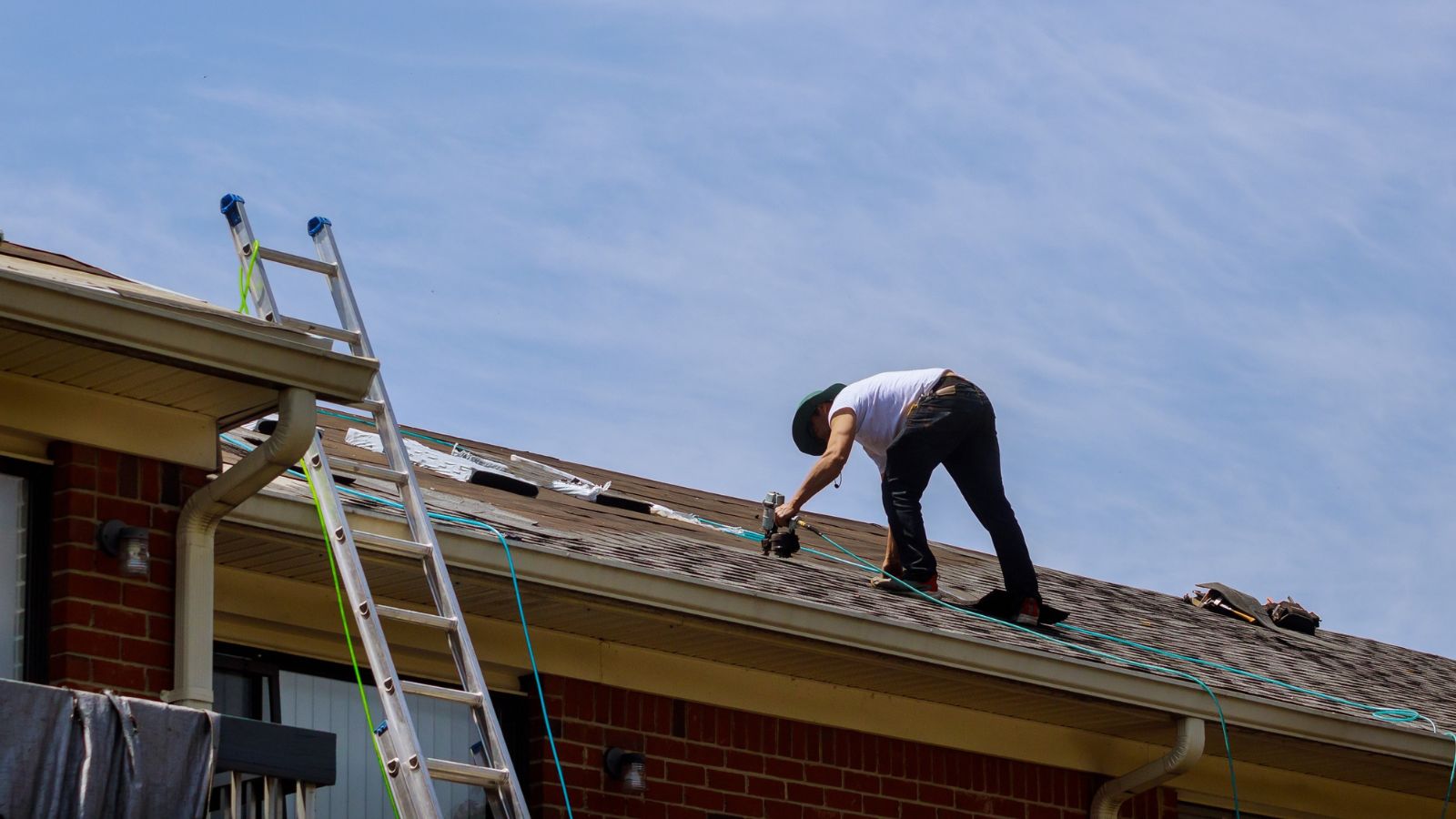
To fix or replace your roof may seem like a common DIY project, but many areas require permits and inspections first. This ensures that repairs meet local building codes and that the roof can withstand weather conditions.
Improper installation can void warranties or cause leaks, making it a costly mistake in the long run.
Installing or Modifying Fireplaces
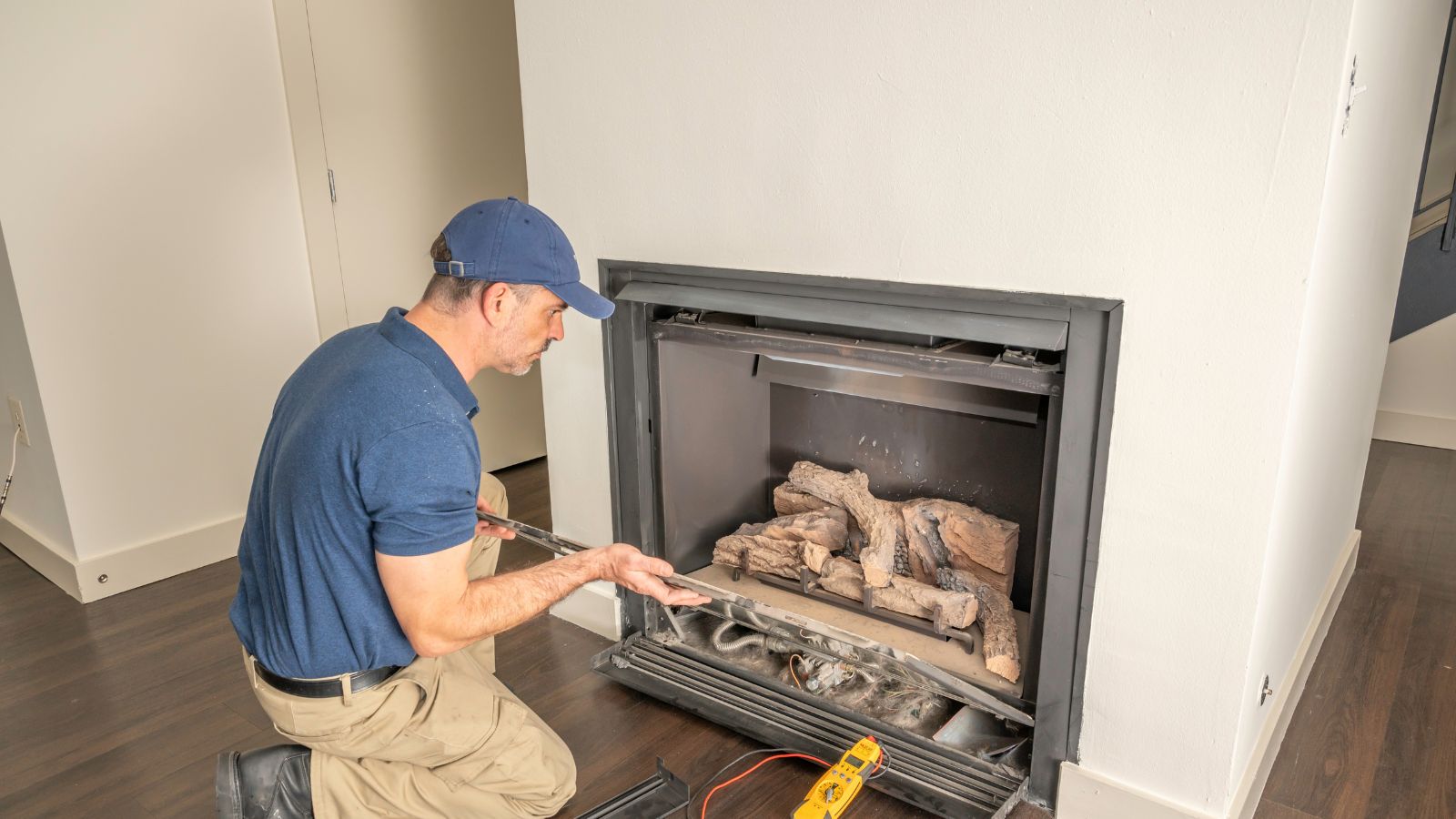
Local codes and inspections exist to ensure fireplaces are installed safely. Adding or modifying a fireplace is often illegal to DIY without proper permits. Fireplaces involve venting, gas lines (in some cases), and fire safety regulations, all of which require professional expertise.
Altering a Home’s Plumbing System
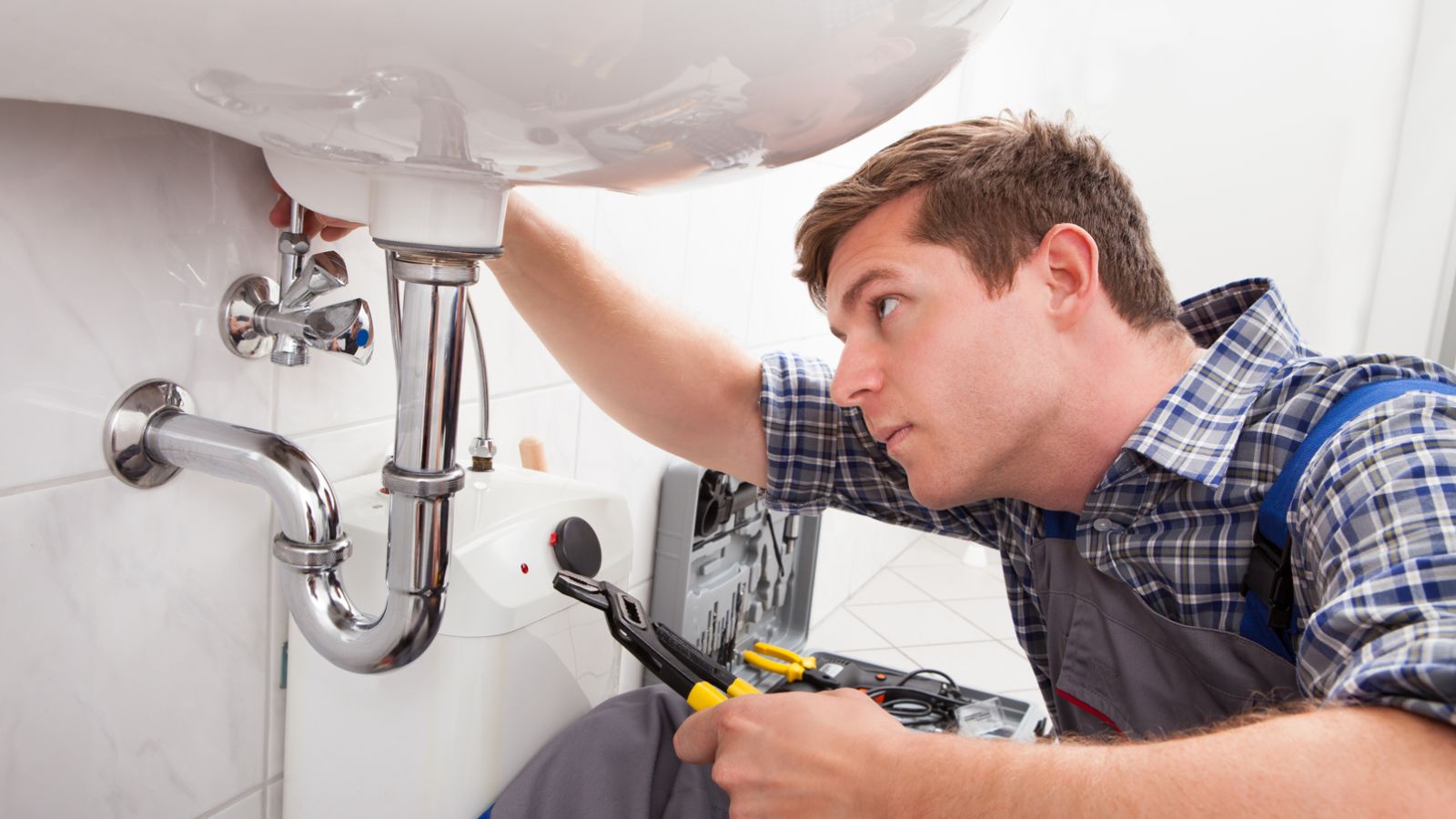
Poorly installed plumbing can cause leaks, water contamination, and even structural damage. Many jurisdictions require permits and inspections to ensure plumbing work meets health and safety standards.
Attempting this job without proper authorization can lead to fines, costly repairs, and potential liability if the work causes damage to others’ property.
Building Without a Permit
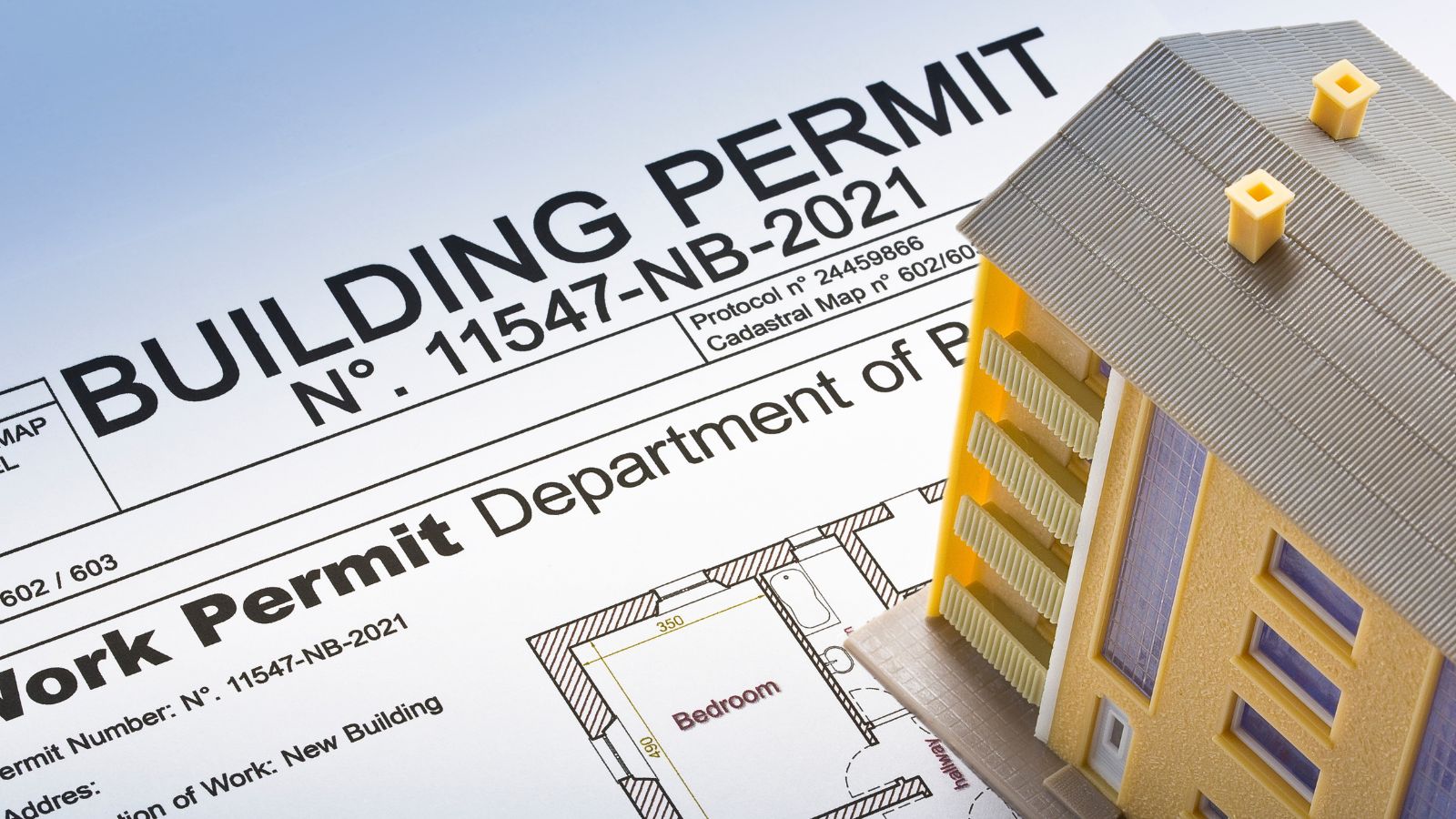
Most construction projects require permits. That includes adding a shed, constructing a deck, or extending your home. Local governments enforce these regulations to ensure that buildings are safe, meet zoning laws, and comply with environmental guidelines. Skipping the permit process might save time initially, but it can lead to fines, forced demolitions, or trouble selling your home later.
Modifying Electrical Panels
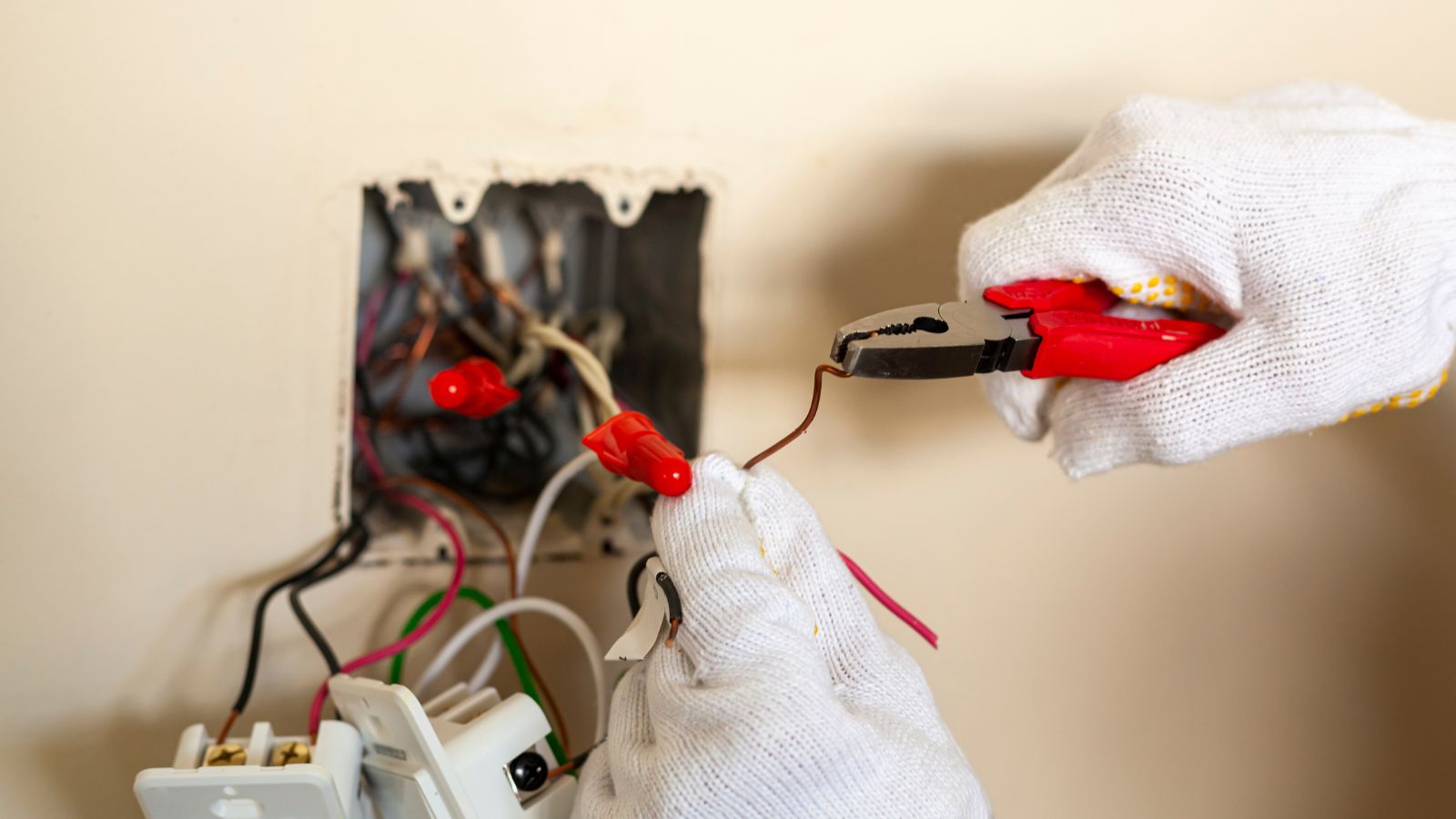
Attempting to DIY an electrical panel upgrade without the proper expertise or approvals is not only illegal but could also void your home insurance policy. Upgrading or modifying your home’s electrical panel is a job best left to licensed electricians.
Drilling Your Own Well
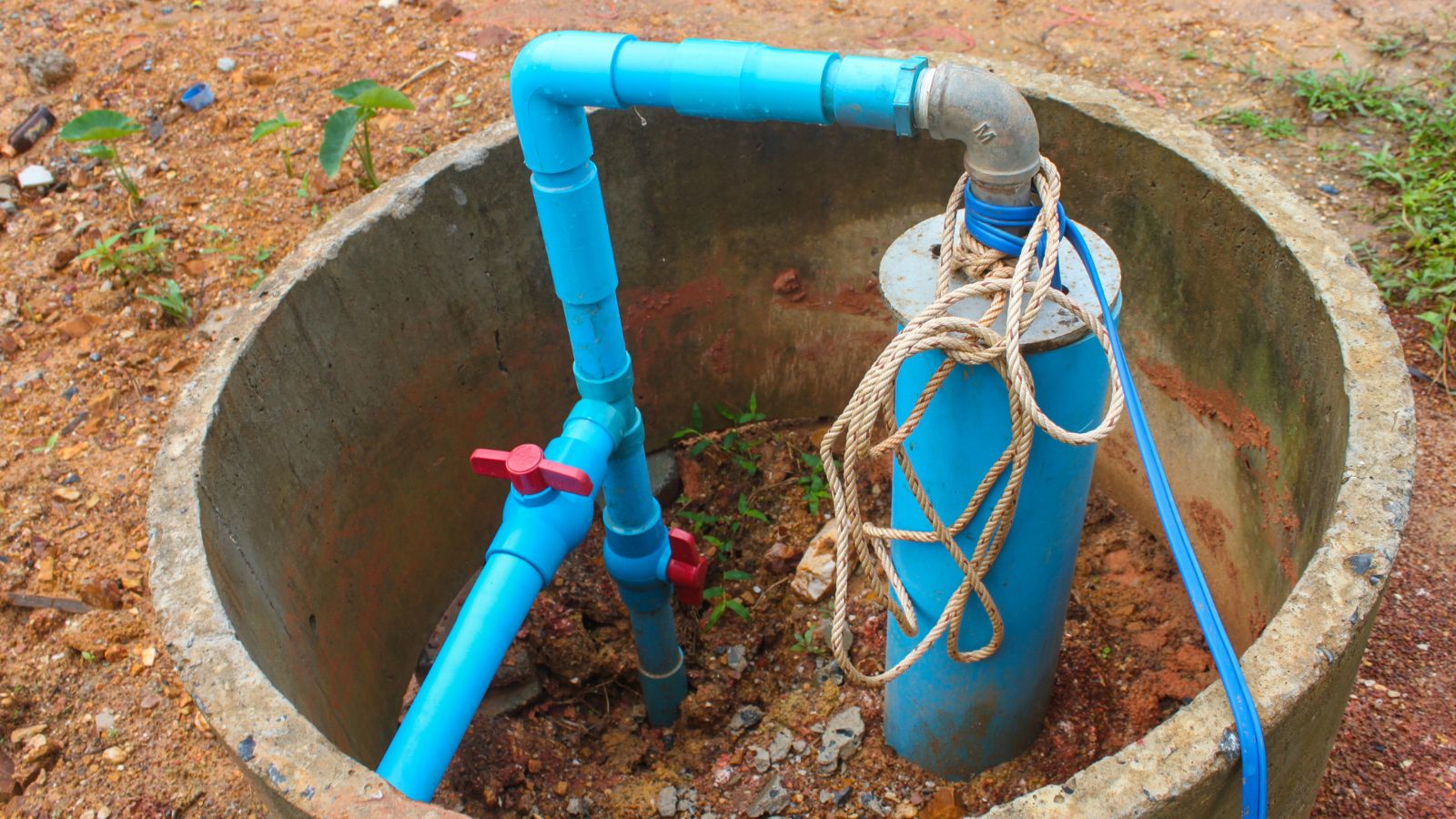
This is a big no-no. Well drilling is heavily regulated to ensure it doesn’t interfere with local water supplies or contaminate groundwater. Professional well drillers are trained to follow environmental guidelines and use safe techniques. Trying to DIY this project can result in fines and environmental damage, making it one of the riskiest illegal DIY jobs.
Handling Mold Remediation
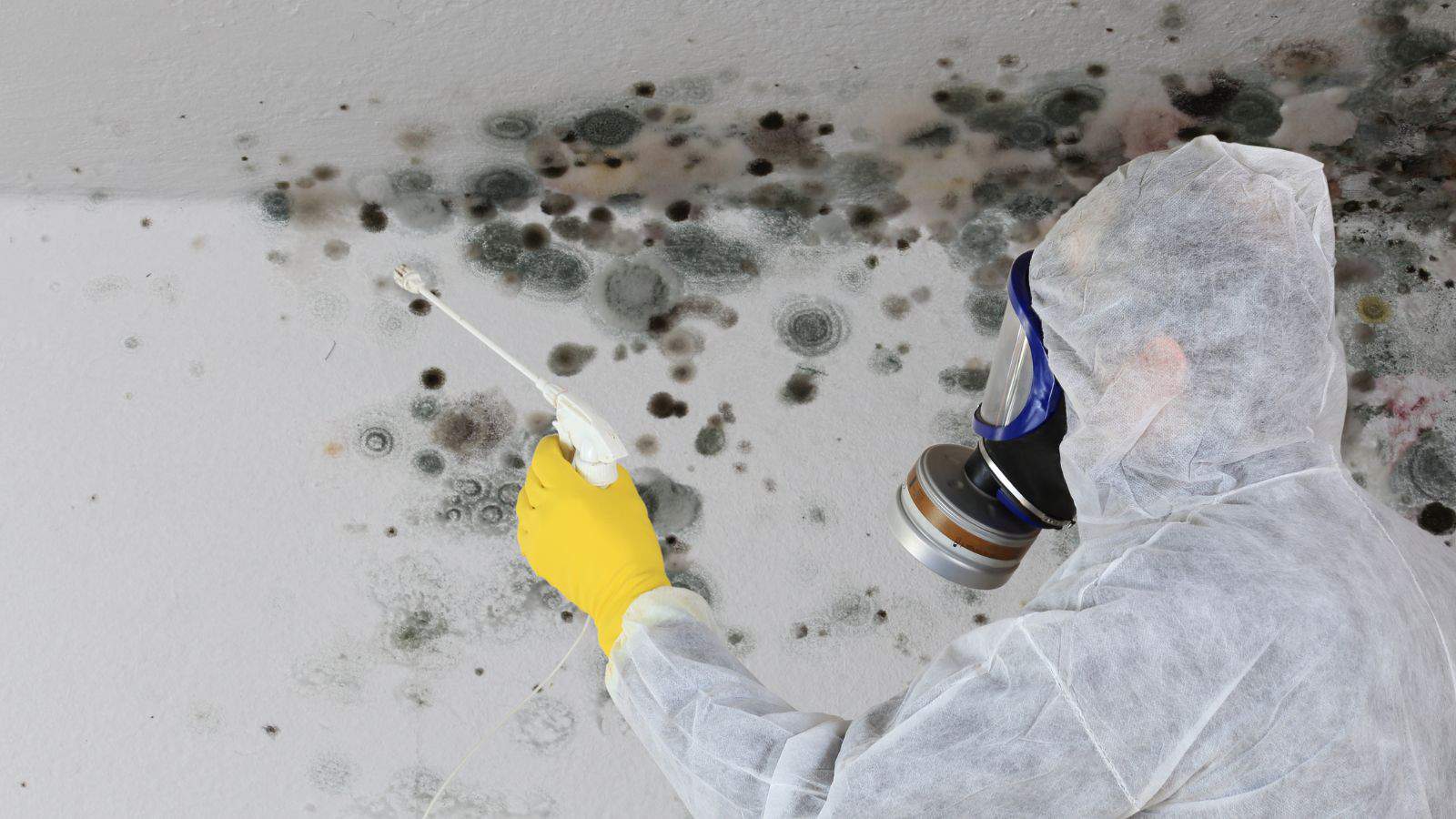
It’s a nightmare to discover mold in your home, but tackling the problem yourself can be illegal if it involves large areas. Many states require licensed professionals to handle mold remediation to ensure proper containment and disposal. Mishandling mold can worsen the issue by spreading spores, leading to health hazards and property damage.
